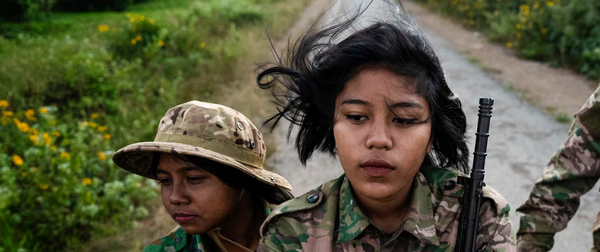
SOCIAL RESPONSIBILITY FOR WORKERS IN PRODUCTION COUNTRIES
On April 24, 2013, the Rana Plaza factory in Savar, Bangladesh, collapsed due to hazardous and unacceptable health and safety conditions, resulting in the tragic death of over 1,100 garment workers. Several of the world's largest apparel brands and retailers were sourcing indirectly from Rana Plaza. This disaster marks the most visible example in a long pattern of industrial accidents in Bangladesh. Such accidents, unfortunately, continue to occur under the radar in other production countries around the world today.
Since 2013, I have been conducting field-based research on working conditions and labor rights. My work involves close engagement with both factory owners and garment workers on the ground, investigating why such systemic failures persist and exploring how businesses can take, or avoids to take, responsibility. A key dimension of my projects has been forms of collaboration and multi-stakeholder initiatives. I have specifically aligned my focus with several United Nations Sustainable Development Goals, in particular Goal 1 (No Poverty), Goal 8 (Decent Work and Economic Growth) and Goal 12 (Responsible Consumption and Production).
Over the years, I have conducted hundreds of in-depth, face-to-face interviews. These empirical insights have laid the foundation for a number of academic publications, focusing especially on the garment industries of BANGLADESH, SRI LANKA, PAKISTAN – but also other industries, such as the coffee industry in THAILAND.
Currently, I am collaborating in a research project in the garment industry of Myanmar, a country that faces severe challenges following the military coup of February 2021. With many garment workers earning less than 3 US dollars per day and struggling to survive, I explore how Burmese workers and labor right organizations at the local level continue to mobilize under conditions of state repression and international pressure. This project investigates how grassroots organizing intersects with transnational advocacy and contested notions of social responsibility in fragile and authoritarian settings.
Source: The Guardian (2025)
